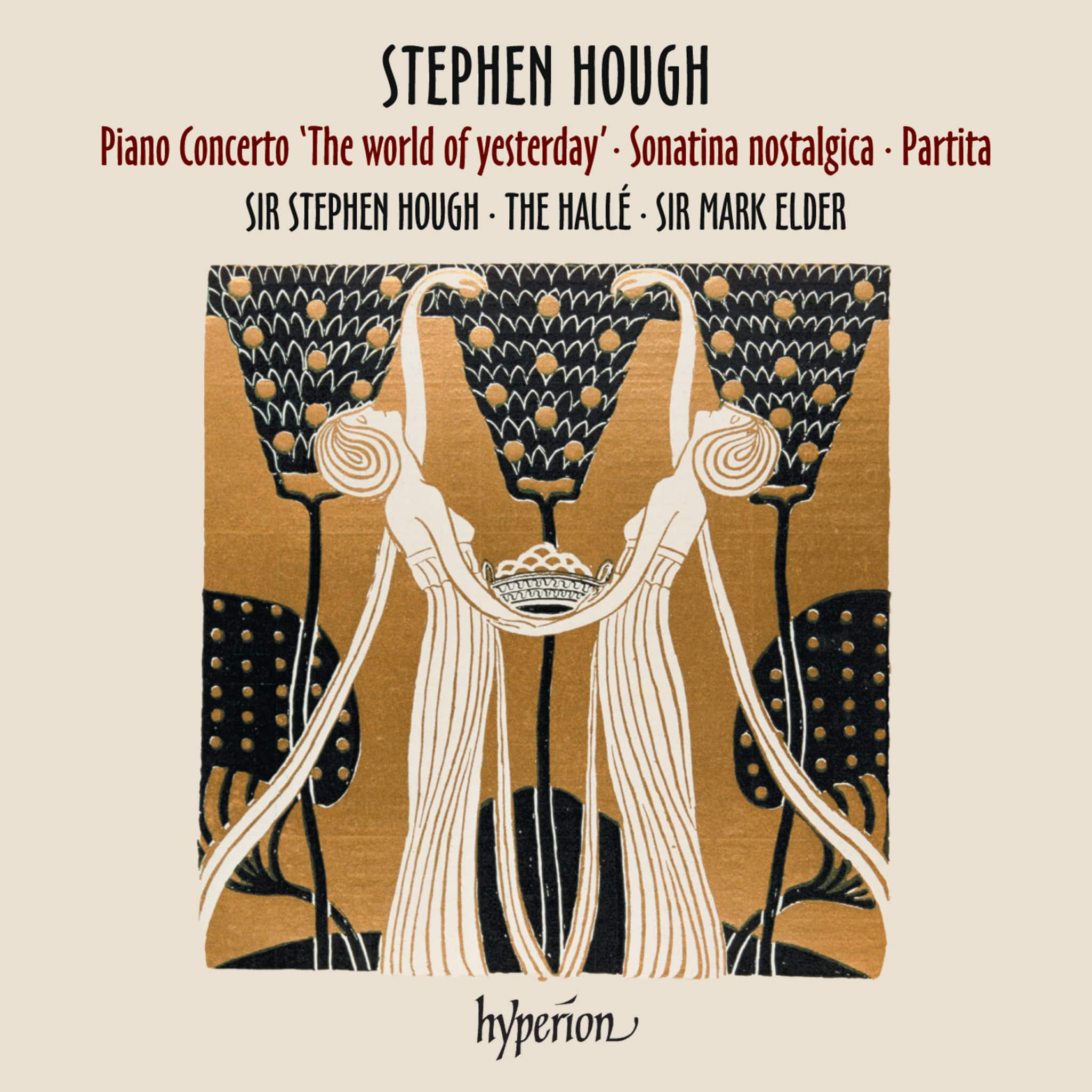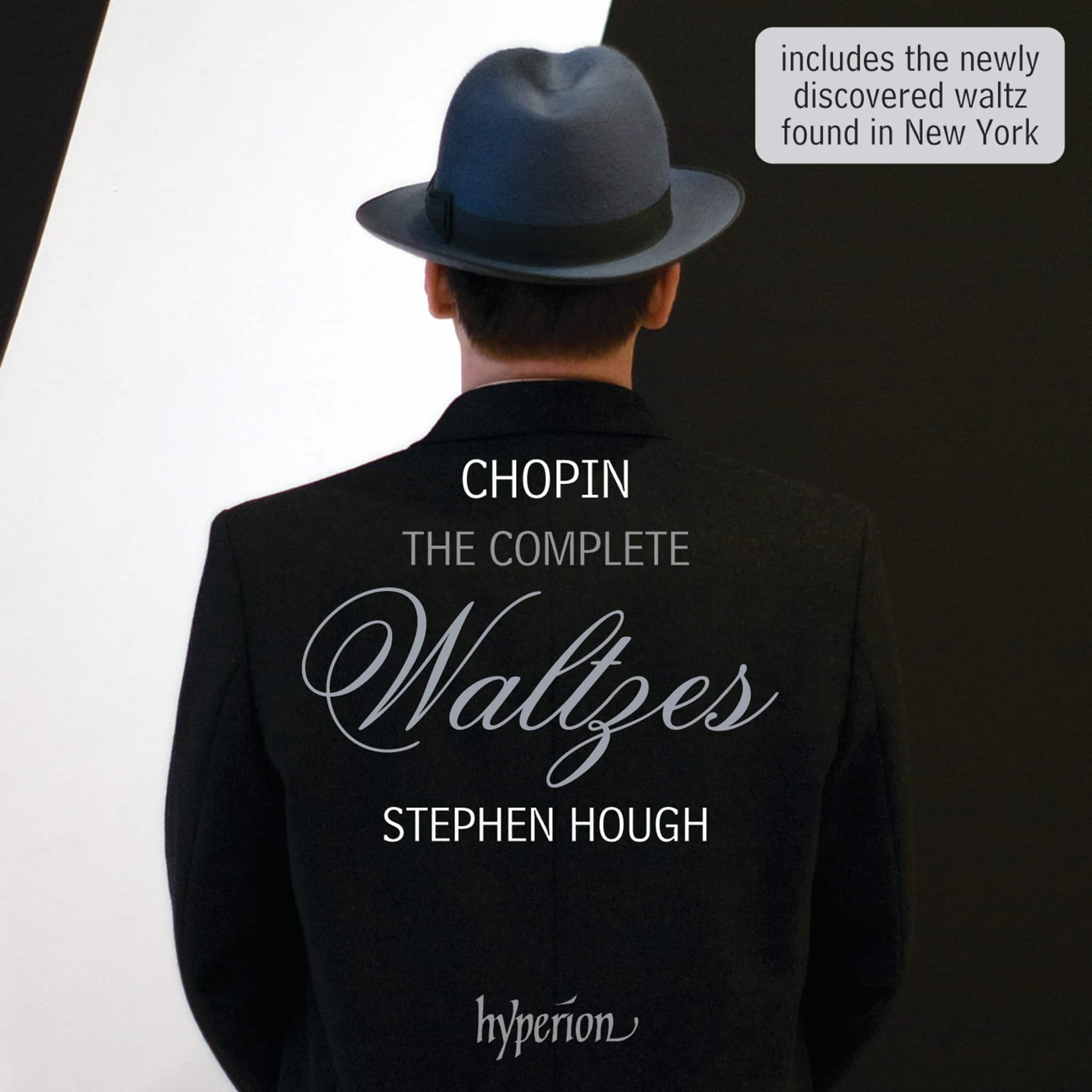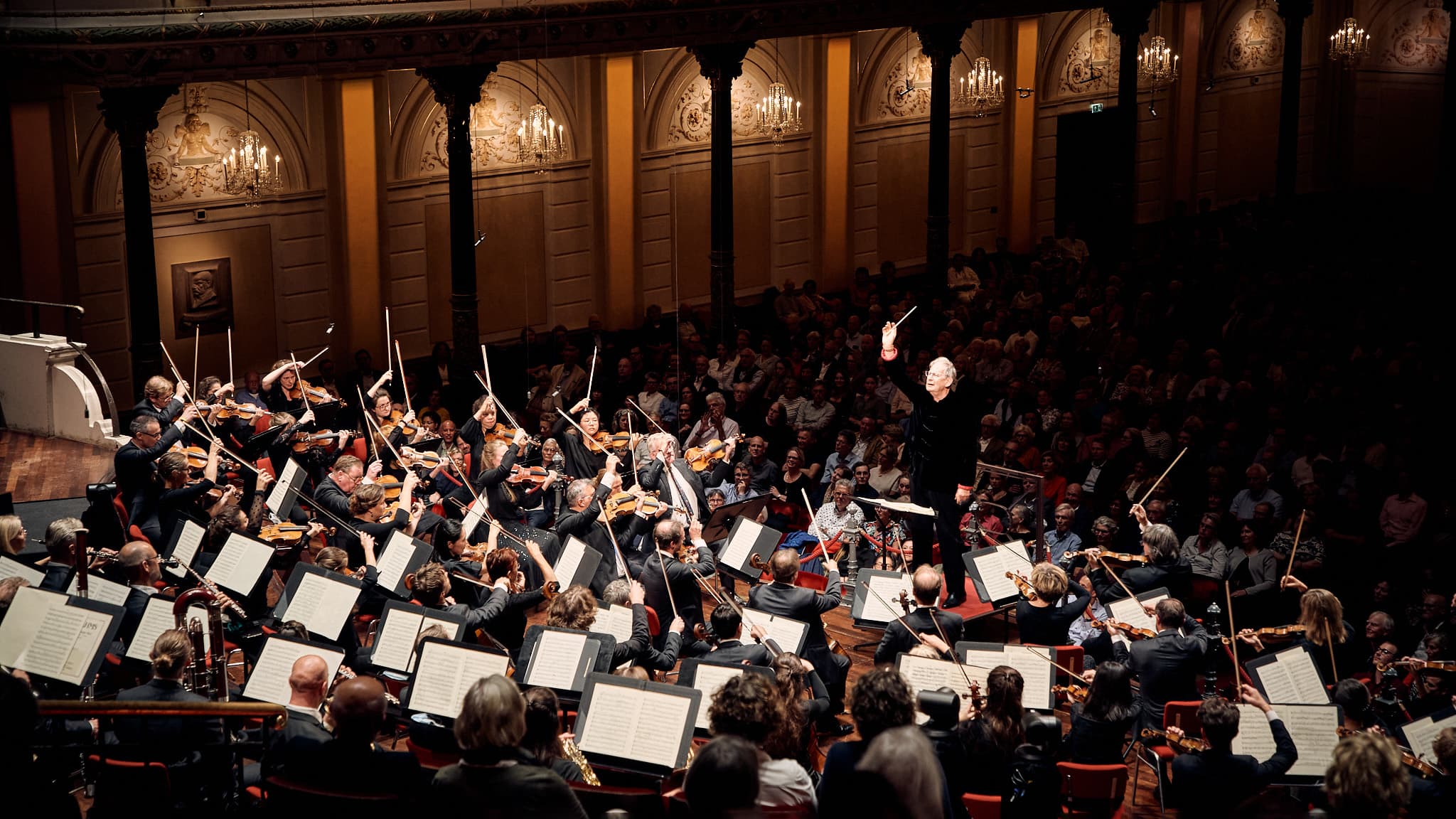Album insights
Clara Schumann's life and career were undeniably extraordinary, marked by her marriage to Robert Schumann and her dedication to family amidst personal challenges. Despite societal and cultural barriers, she composed until her mid-thirties when familial responsibilities took precedence. Her joy for composing resonated in moments of self-forgetfulness through music.
As a celebrated prodigy, Clara Wieck penned the featured work at merely fourteen. The final movement, initially crafted as a standalone concert piece with Robert Schumann's assistance, emphasized her virtuosic capabilities. Her ability as a mature virtuoso reflected in this composition.
Transitioning between movements in a solo concerto was groundbreaking in 1833, evidenced by Mendelssohn's Piano Concerto. Mendelssohn also conducted Clara's concerto debut after revising the piece, dedicating it to Louis Spohr. Howard Shelley, recognizing the overlooked composer Ferdinand Hiller, presents a structured blend of three movements, showcasing virtuosic brilliance.
Hiller's Concerto No. 2 stands out as a romantic masterpiece, closely followed by the opus 113 Concert Piece. Shelley's elaborate performance highlights Hiller's rich musical tapestry, with a remarkable dynamic range and intricate technical demands.
Herz's Rondo de concert, a short and charming piece dedicated to Emilie Seilliere, encapsulates Henri Herz's style known for its lively dynamics and virtuosic flair. Though superficial in tone, Herz's music captivated audiences across continents, reflecting his skillful piano prowess and meticulous execution, as noted by critics during his US tour.
The program also includes Le rêve, an engaging virtuosic creation by Kalkbrenner, showcasing his versatility despite personal shortcomings. Kalkbrenner, albeit divisive among peers, was lauded for his technical dexterity and impressive keyboard command. Le rêve, composed in 1833 and dedicated to Carl Czerny, captivates through contrasting tempos and dazzling virtuosic passages.
In these musical journeys orchestrated by Shelley, the overlooked geniuses of Herz, Hiller, and Kalkbrenner resurface, each revealing unique narratives within the romantic era's piano concertos.










